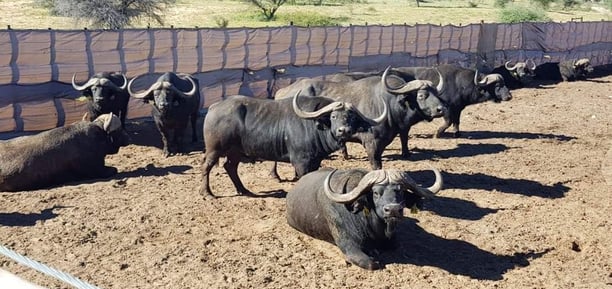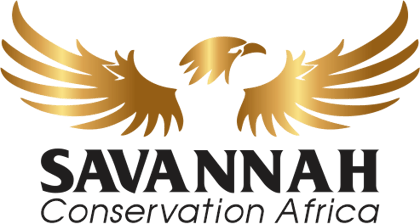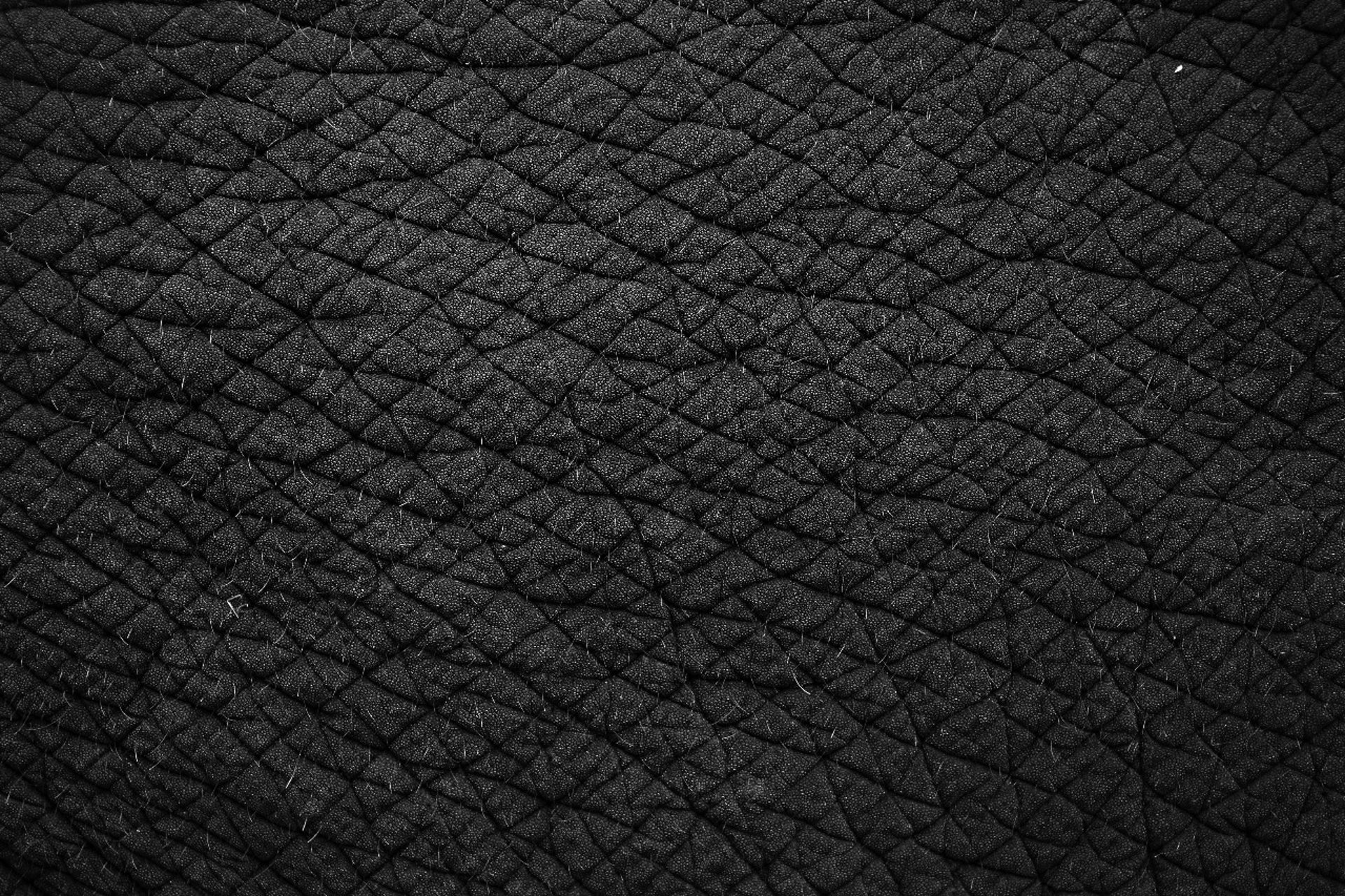
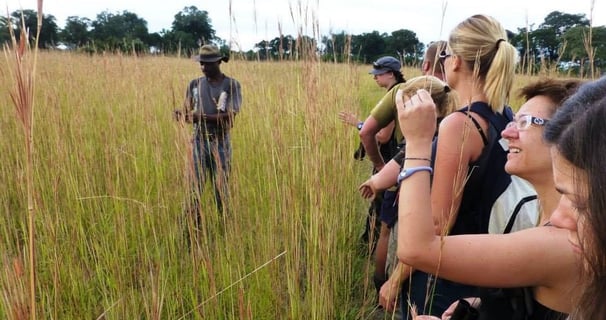

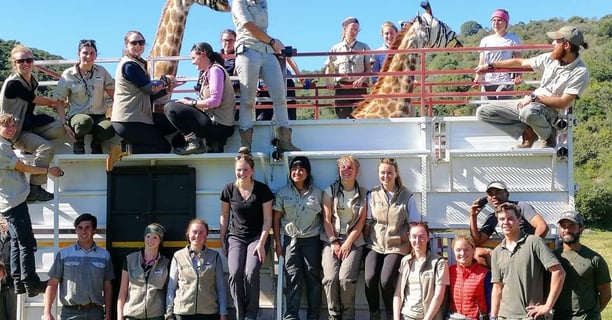

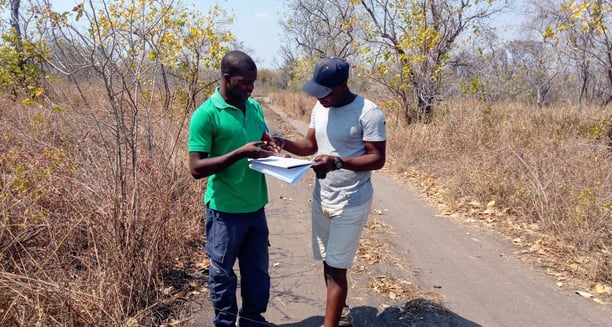

Wildlife Research Experience
Savanna Conservation Africa: Wildlife Research Experience Program for Students
Program Overview
The Wildlife Research Experience Program offered by Savanna Conservation Africa (SCA) is a dynamic, interdisciplinary academic and field-based program designed for university and postgraduate students pursuing degrees in wildlife biology, ecology, environmental science, veterinary medicine, natural resource management, sustainable development, and related fields.
This program provides students with immersive, practical, and scientific exposure to African savanna ecosystems, focusing on integrated wildlife research, biodiversity conservation, and the interplay between wildlife and local communities. Participants are placed in real-world conservation environments across seven countries: South Africa, Namibia, Mozambique, Zambia, Tanzania, Kenya, and Uganda, each offering unique ecosystems, species diversity, and conservation challenges.
Program Objectives:
Equip students with hands-on experience in scientific wildlife research and habitat management.
Introduce students to transdisciplinary approaches in ecology, veterinary science, community conservation, and environmental economics.
Foster skills in data collection, analysis, reporting, and conservation advocacy.
Enhance understanding of African wildlife systems, biodiversity, zoonotic diseases, and benefit-sharing frameworks.
Prepare students to contribute meaningfully to global conservation science and policy.
Research Areas
The program is structured around fully integrated field research and theoretical instruction in the following key areas:
1. Wildlife Habitats and Veld Studies
Classification and ecological dynamics of African savannas
Vegetation assessments, veld condition monitoring, and grazing capacity evaluation
Land use dynamics and habitat transformation studies
2. Species-Specific Studies
Behavioral ecology of key species (Big Five, threatened and endemic fauna)
Predator-prey interactions and carnivore tracking
Ungulate population dynamics and reproductive ecology
3. Wildlife Genetics and Molecular Ecology
Genetic sampling and DNA analysis of wild populations
Population viability assessments and inbreeding depression monitoring
Use of genetics in wildlife crime investigations
4. Ecology and Botany
Ecological survey methodologies (line transects, quadrats, remote sensing)
Indigenous flora identification and ecosystem services
Impact of invasive plant species on native biodiversity
5. Zoonotic Diseases and Wildlife Health
Surveillance of zoonoses at the human-livestock-wildlife interface
Wildlife disease diagnostics and necropsy procedures
Veterinary epidemiology and One Health principles.
6. Wildlife Economy and Biodiversity Carbon Credits
Valuation of wildlife as a renewable economic asset
Eco-tourism and sustainable game-ranching models
Principles of carbon sequestration, carbon credit trading, and biodiversity offsets
7. Wildlife Protection and Anti-Poaching Sciences
Law enforcement monitoring and wildlife crime prevention
Technological tools in conservation (camera traps, GPS collars, drones)
Training in ranger-based protection, intelligence gathering, and surveillance systems
8. Community-Based Wildlife Conservation
Participatory research with local communities
Indigenous knowledge systems in natural resource governance
Wildlife-based benefit sharing and conservation incentives
9. Policy, Ethics, and Environmental Governance
International wildlife law (e.g., CITES, CBD)
Ethics of wildlife management and animal welfare
Integrated land-use planning and policy formulation
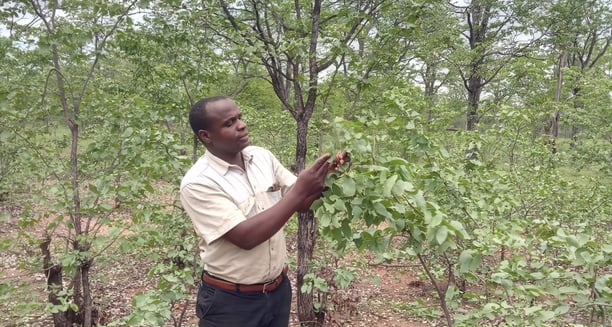

Program Structure
Duration:
6 to 12 weeks (customizable depending on academic institutions’ credit requirements)
Host Countries & Research Stations:
Students are assigned based on research interests and academic goals to one of our field research hubs in:
South Africa: Kruger region, Waterberg, KZN & Eastern Cape conservancies
Namibia: Central Plateau and Caprivi Strip reserves
Mozambique: Zambezi Tambara Conservancy, Morumeo, Zinave & Gorongoza National Park
Zambia: Luangwa Valley and Kafue ecosystems
Tanzania: Serengeti-Mara corridor , Ngorongoro, and Selous region
Kenya: Maasai Mara, Tsavo, and Laikipia conservancies
Uganda: Queen Elizabeth and Murchison Falls ecosystems
Supervision & Mentorship:
Each student is supervised by a multidisciplinary team composed of:
Wildlife ecologists
Veterinarians and wildlife geneticists
Community engagement specialists
Environmental economists and policy advisors
Deliverables:
Field journals and research reports
Seminar presentations and group projects
Final scientific paper (option for publication support)
Eligibility and Application
Who Can Apply:
Undergraduate (final year), Honours, Masters, and PhD students
Applicants with backgrounds in biology, ecology, veterinary medicine, social sciences, environmental science, GIS, and conservation economics
Application Requirements:
Academic transcript and CV
Statement of intent (500–800 words) outlining research interests
Two academic references
Proof of insurance and medical fitness
Intake Periods:
Summer Intake: June – August
Winter Intake: December – February
(Year-round intakes possible depending on student availability and project suitability)
Facilities and Support
On-site research stations with labs, accommodation, and internet access
Transportation to and from field sites
Fieldwork safety gear and basic scientific equipment
Cross-cultural orientation and language assistance
Mental and physical health support during fieldwork
Partnerships and Accreditation
Savanna Conservation Africa collaborates with:
African universities and research institutions
Global academic institutions and study abroad programs
Government agencies and conservation authorities
International NGOs and donor agencies
Research experience can be credited toward university coursework upon prior arrangement, and eligible students may co-author publications and conference papers based on their work.
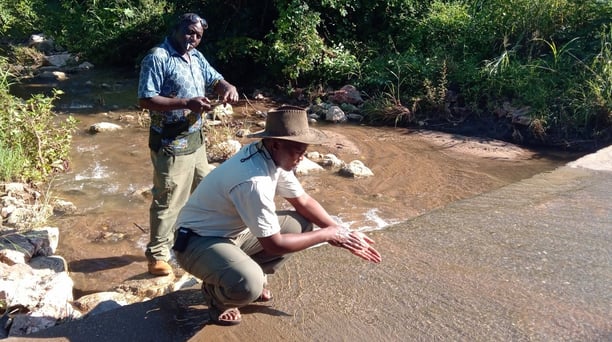

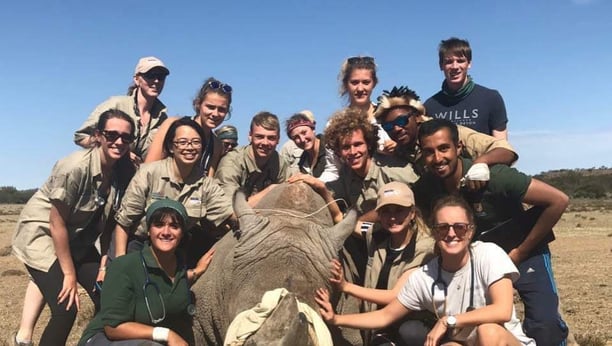

Long-Term Impact and Career Pathways
Graduates of this program have gone on to careers in:
Wildlife research and academic institutions
International conservation NGOs
Government environmental agencies
Wildlife veterinary practice and One Health programs
Community development and ecological economics
Contact and Further Information
To learn more about application timelines, project placements, funding opportunities, and eligibility, contact:
📧 research@savannaconservationafrica.com
🌐 www.savannaconservationafrica.com
📍 Headquarters: Johannesburg, South Africa.
